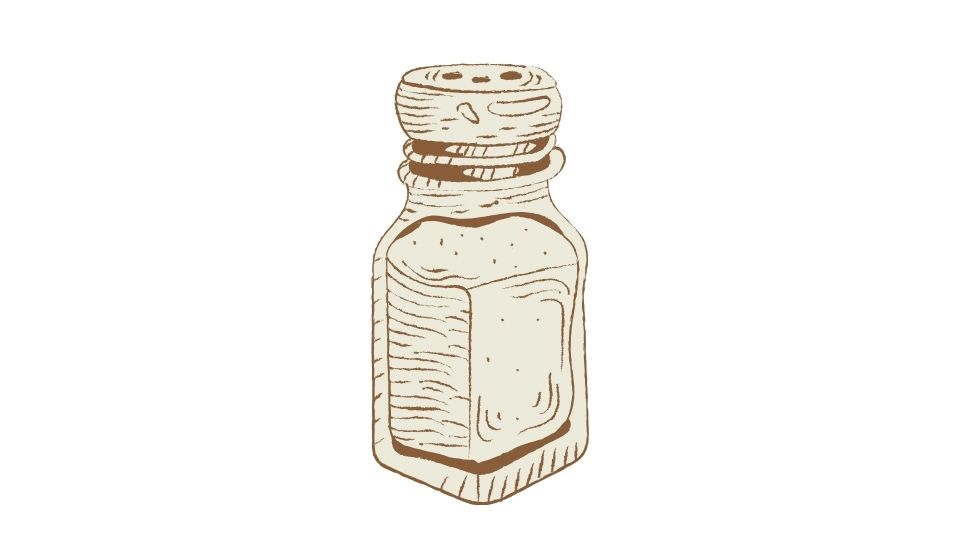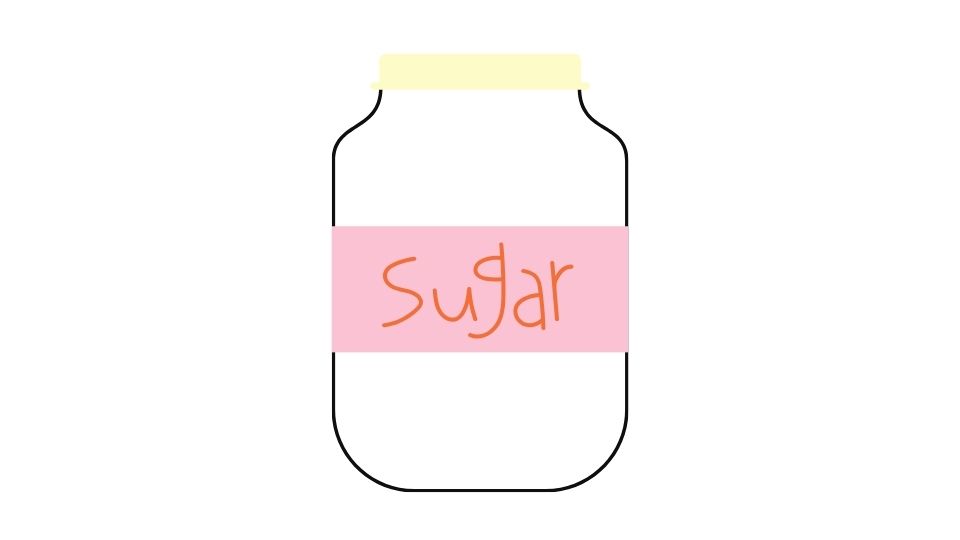Is Protein Powder High in Sugar? Check These Labels

Is your protein powder secretly a dessert in disguise? Let’s be real – some of these muscle-building supplements are packing more sugar than a candy bar.
But don’t worry! Not all protein powders are created equal when it comes to the sweet stuff. Whether you’re trying to build muscle, lose weight, or just get more protein in your diet, understanding the sugar situation can make a huge difference in your results.
The Truth About Sugar in Protein Powders
I’ve looked at dozens of protein powders, and the sugar content varies wildly. Some are basically milkshakes in powder form, while others contain zero added sugar.
The amount of sugar depends on:
- What type of protein (whey, plant-based, etc.)
- Which brand you choose
- What flavor you pick
- Whether it uses real sugar or alternatives
The Good, The Bad, and The Sugary

High-sugar protein powders can contain up to 23 grams of sugar per scoop. That’s almost an entire day’s worth of added sugar for women, according to the American Heart Association (which recommends limiting added sugar to 24g for women and 36g for men).
And most importantly, can I blame protein powder for all my health issues while taking no personal accountability for poor lifestyle decisions? (sarcastic laugh)
Some mass gainer products are even worse – they’re literally designed to pack in calories and carbs (including sugar).
On the flip side, many protein powders are formulated to be low in sugar or completely sugar-free. Premium whey isolates and many plant-based options skip the added sugar entirely, opting instead for natural sweeteners like stevia or monk fruit.
For example, Transparent Labs 100% Grass-Fed Whey Protein Isolate contains just 1 gram of naturally occurring sugar from the whey itself with no added sweeteners. Compare that to some of the “dessert” protein powders with 20+ grams!
How to Spot the Sugar Bombs
Reading nutrition labels is key. Here’s what to look for:
- Check the “Total Sugars” and “Added Sugars” lines – Added sugars are the ones to worry about most
- Look at the ingredients list – Sugar goes by many names (dextrose, corn syrup, cane sugar)
- Beware of “healthy” sugars – Coconut sugar and honey are still sugar!
- Consider total carbs – Some labels hide sugar in the total carb count
If weight loss is your goal, choosing a low-calorie protein powder without added sugar makes sense. These typically provide 10-30g of protein per serving while keeping calories and sugar minimal.
Alternative Sweeteners: Friend or Foe?

Many protein powders use artificial sweeteners or sugar alcohols instead of real sugar. These include:
- Sucralose (Splenda)
- Acesulfame potassium (Ace-K)
- Stevia
- Monk fruit
- Erythritol and other sugar alcohols
The good news: These don’t impact blood sugar the same way as regular sugar and contain zero or minimal calories.
The bad news: Some people experience digestive discomfort from sugar alcohols. For example, Muscle Milk’s whey protein uses sucralose and some users report bloating or gas after drinking it.
Making Smart Protein Choices

Let’s break this down into a decision framework:
If you’re watching your weight:
- Choose protein powders with under 5g of sugar per serving
- Look for labels that say “zero added sugar”
- Aim for 100-130 calories per serving
If you have diabetes or blood sugar concerns:
- Opt for sugar-free formulas
- Consider unflavored options (you can add your own flavors)
- Check that carbs per serving are low (under 5g)
If you’re building muscle:
- Sugar content matters less, but still watch for excessive amounts
- Focus on protein quality and amount (20-30g per serving)
- Post-workout is when some sugar can actually be beneficial
Remember that even milk-based proteins like whey naturally contain some lactose (milk sugar), typically 1-2g per serving. So if you see a small amount of sugar in an unflavored whey protein, that’s probably just the natural lactose.
My Take on Protein Powder Sugar

After looking at the research, here’s my opinion sprinkled on top: Most people should avoid high-sugar protein powders.
Why? Because the whole point of protein powder is to supplement your protein intake without adding a bunch of other stuff you don’t need. If you want sugar, have a cookie and enjoy it!
For most of us, a protein powder with 0-3g of sugar per serving is the sweet spot (pun intended).
The best approach: Use third-party tested protein powders from reputable brands that clearly disclose their ingredients. Harvard experts recommend this due to the wide variability in protein supplement quality.
So next time you’re shopping for protein powder, flip that container around and check the sugar content. Your muscles (and waistline) will thank you!

